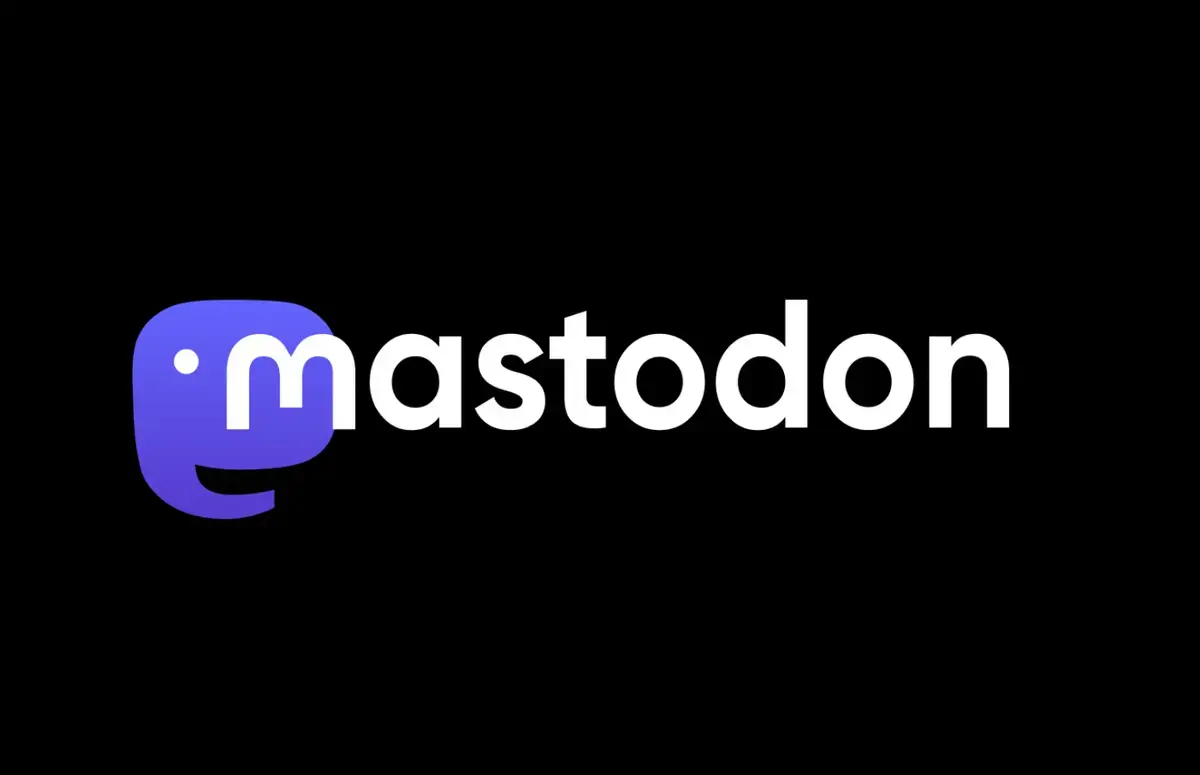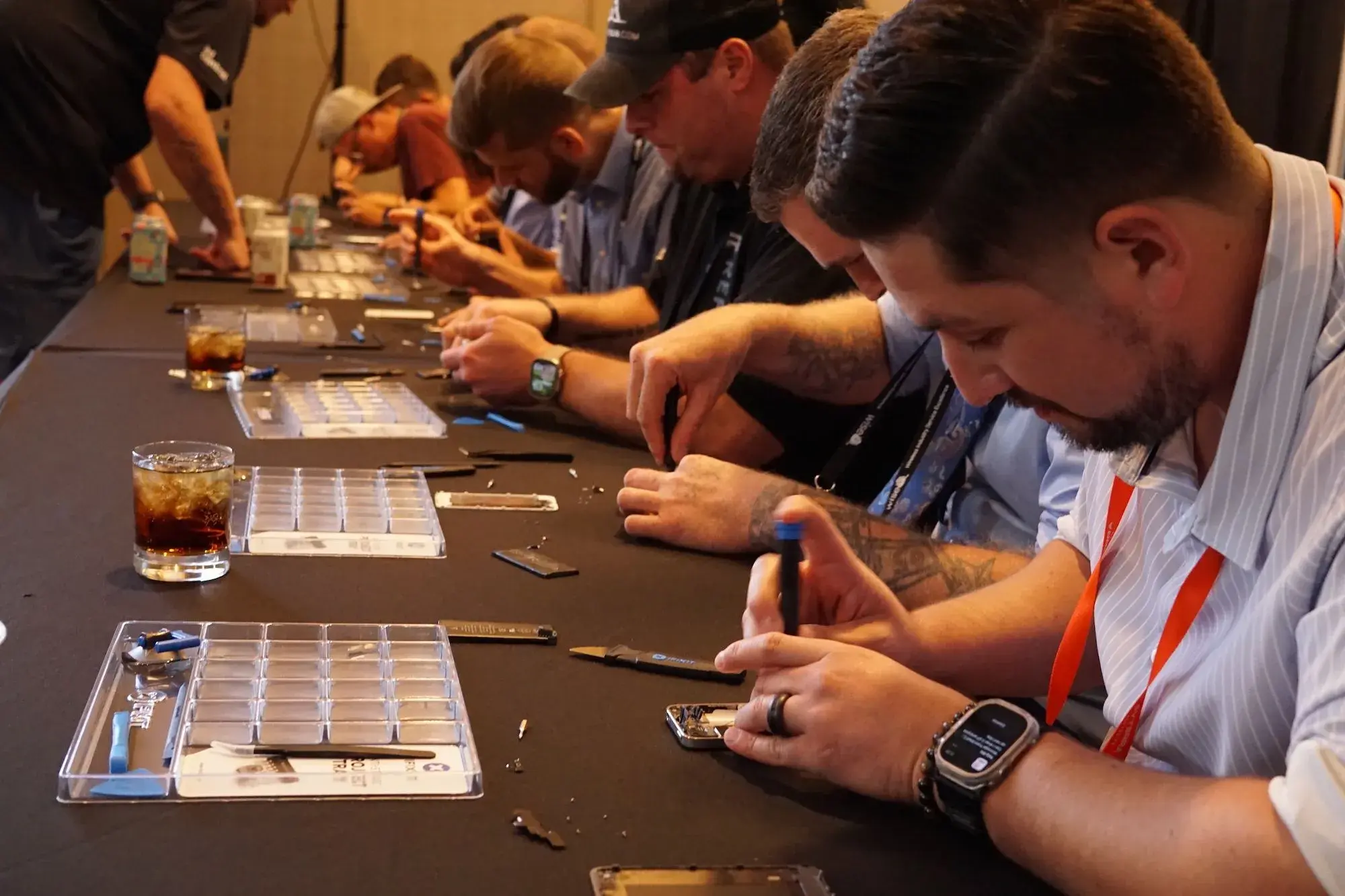

I considered doing this a few months ago. I ultimately decided that for my use, it’s easy enough to just memorize the road network in my city, so I did that instead. This was the navigation software I was planning to use: https://github.com/navit-gps/navit








https://mobilizon.org/